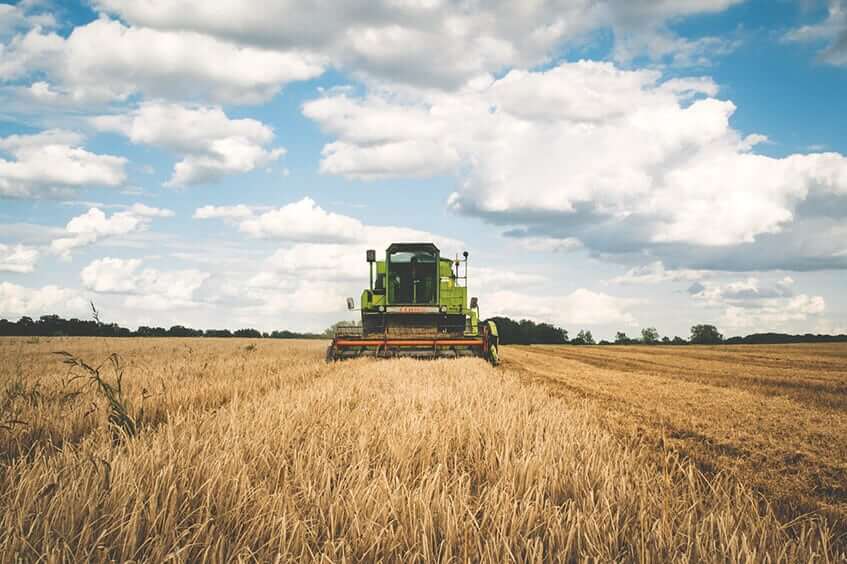Looking to move away from a consumer based lifestyle and become a producer? Before you fall in love with a farmhouse nestled on a hilltop, make sure your future purchase actually has what you need for what you want to do. As with anything, you can just as easily burn out from farming as you can from a 9-5 desk job if you don’t have the proper fundamentals.
Is the Pasture Fenced?
If you want animals, buying farmland in Virginia that is already fenced in for livestock can save you thousands of dollars and hundreds of hours of headache. If the pastures are already fenced, you can hit the ground running when you arrive. Of course, it’s by no means a deal breaker the property lacks fencing, but you will need to incorporate these costs into your moving expenses. Determine the length of pasture in need and decide what type of fencing you want. There are lots of resources on the web to help you calculate how much money you’ll need.
Is there a Water Source?
Perhaps the most important thing when raising livestock is to have a safe, reliable source of potable water. Determine where your livestock will be and check for either naturally running water or water hydrants. If there are water hydrants, make sure they are installed in convenient locations and that the pipes are placed below the frost line. Also, check the water flow. It’s possible the hydrants may only fully function during peak times of year. Lastly, you’ll need to have the water tested for any poisons or contaminants. As with fencing, if there aren’t any existing water hydrants you are going to have to allocate funds for installing them on your Virginia farm.
Is there a Barn or Storage Structure on the Property?
If the property has a barn and you plan on putting livestock within it, make sure it actually looks habitable. Is it wet or moldy from a recent rain? Does it block the wind, or is it just as cold within as it is outside of it? Electricity is also a must, and if it has running water that’s a home run. Will the barn also hold all of your necessary farm equipment? If not, are there any other structures on the property that will? Do they look solid, or are they one storm away from collapsing? Consider all of these questions when viewing Virginia farm properties.
Where is Civilization?
A lot of people don’t consider this, but it’s perhaps just as important as anything else. If you want to be a lifelong farmer, don’t set yourself up for failure and move out to the boonies where the closest thing to arts and culture is a Redbox at a CVS. You need more than that, especially if you’re coming from a city or bustling suburb. Remove yourself entirely from all of that you’ve known and you’ll end up needing a vacation from your ‘ideal’ life!
Good luck on finding your ideal Virginia farm! And more power to you for moving into a producer based lifestyle.

Deb Pearl
My husband has been wanting to buy a farm house, but neither of us have farmed before. Thank you for the tips about buying a farm house. I liked your tip about seeing if the pasture is fenced. I’m sure my husband will want some animals and having a good fence would be important.
Ridley Fitzgerald
It’s great to know more about buying farmland. I like how you said that there needs to be a convenient source of water. That makes sense. My wife and I both want to try and buy farmland so we can live off the land, so I’ll remember this.